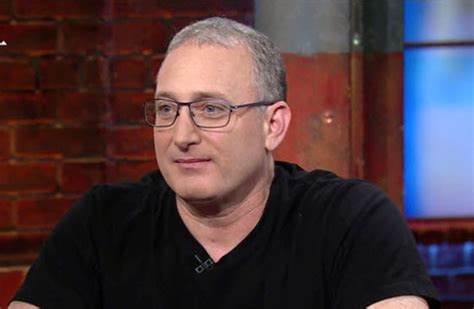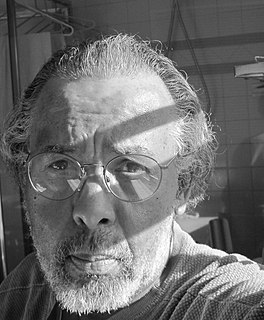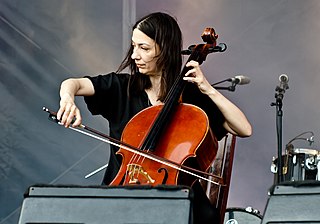A Quote by Jeff Hawkins
Adding hardware to any computer is hard. The reality is, you're sticking in disks, trying to run installers. We do a very sophisticated installation and de-install but it's invisible to the user and happens almost instantaneously.
Related Quotes
When you look at this and where it's all going, the hardware business requires a lot of investment. It's very hard, it's very expensive, and ramping up hard on any given platform, whether it's a console or any kind of PC or mobile device, going into the hardware business requires a lot of investment.
Serious accidents are frequently blamed on "human error." Yet careful analysis of such situations shows that the design or installation of the equipment has contributed significantly to the problems. The design team or installers did not pay sufficient attention to the needs of those who would be using the equipment, so confusion or error was almost unavoidable.
When I use a direct manipulation system whether for text editing, drawing pictures, or creating and playing games I do think of myself not as using a computer but as doing the particular task. The computer is, in effect, invisible. The point cannot be overstressed: make the computer system invisible.
Every computer divides itself into its hardware and its software, the machine host to its algorithm, the human being to his mind. It is hardly surprising that men and women have done what computers now do long before computers could do anything at all. The dissociation between mind and matter in men and machines is very striking; it suggests that almost any stable and reliable organization of material objects can execute an algorithm and so come to command some form of intelligence.
I've never considered soundtracks for what I write. Nor have I considered computer drawing or painting. As a painter, I'm still trying to perfect what I started out doing with brushes, pen and ink, paint, etc. The transition, for me, from typewriter to computer was a big step. I am now very comfortable with writing on a computer but it took awhile. Because I did make that big step I won't rule out what happens in the future.
I try to just put a blank stage in front of them, and say, "This is your space; you tell me where you're coming from and where you're going." At a certain point, it was interesting as the project started to become what it is now, The Source, which has a physical installation and also an online presence. As we started building the installation, I started thinking, "It's really strange that we're building this installation, this piece of architecture you can go into." It's almost strange because I suppose it's an artwork, but it's an artwork that's really constructed out of ideas.




































